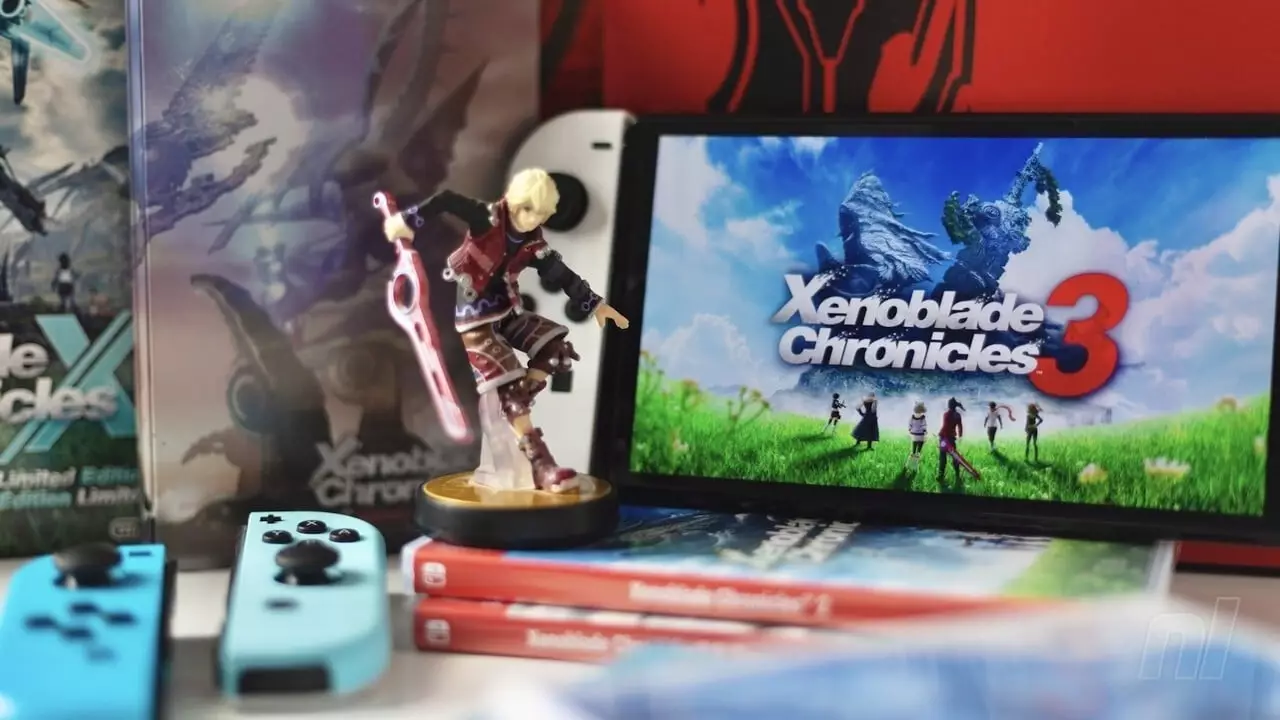Monolith Soft, a pivotal player in the realm of video game development, particularly known for the Xenoblade Chronicles series, is taking significant steps to enhance its future productions. The company’s establishment of an in-house research and development department signals a shift towards more ambitious projects. This move is largely influenced by the changing dynamics in game development, driven by the need for more sophisticated technologies that can accommodate growing demands from both the gamers and the gaming landscape itself.
During a recent dialogue with the Japanese media outlet CGworld, Chief Creative Officer Tetsuya Takahashi and lead programmer Michihiko Inaba outlined their vision for this new chapter. They emphasized that the reimagined engine — an evolution of the one created for the original Xenoblade Chronicles released in 2010 — aims to empower their development teams. This will ensure that the engine’s capabilities are finely tailored to match Monolith Soft’s creative pursuits while remaining flexible enough for future enhancements.
Despite the evident benefits of having an in-house engine, Takahashi acknowledged the inherent challenges. The complexities of maintaining and developing an engine internally can be arduous, especially for a studio that continually strives for high-quality output. Nonetheless, the belief that customizing tools to fit specific needs far outweighs the difficulties is a driving force behind the decision. Takahashi remarked, “We don’t currently have the option of using engines made by other companies,” highlighting the critical nature of ownership over their development tools.
Moreover, the growth of Monolith Soft has been closely tied to its collaboration with Nintendo. As projects became larger and more intricate, the demand for skilled developers and advanced technologies surged. Consequently, the expansion of the workforce has finally paved the way for the formation of the R&D department, which is crucial for keeping pace with the increasing expectations of the gaming community.
The newly formed R&D department, guided by Inaba, is strategically positioned to redefine how Monolith Soft approaches game production. The intentions are clear: streamline processes, enhance tool development, and actively pursue research and technology advancements. This triad of goals not only signals preparation for future titles but also hints at a commitment to elevating the overall gaming experience.
Fans are eager to see what Monolith Soft will conjure up next, especially after the success of Xenoblade Chronicles 3, launched on the Nintendo Switch in 2022. The positive reception of the game raises hopes for what many are informally calling “Switch 2.” Although there are no official announcements yet, the excitement surrounding future releases is palpable, and the newly established R&D department positions Monolith Soft strongly to meet the expectations.
Monolith Soft is embarking on an ambitious path that promises to augment its capabilities and enrich the quality of its games. With an eye on innovation and a heart in its beloved franchises, the company is set to make significant strides in the evolving landscape of video game development. Time will reveal the fruits of their labor, but the foundation they are laying today suggests a future brimming with potential.

